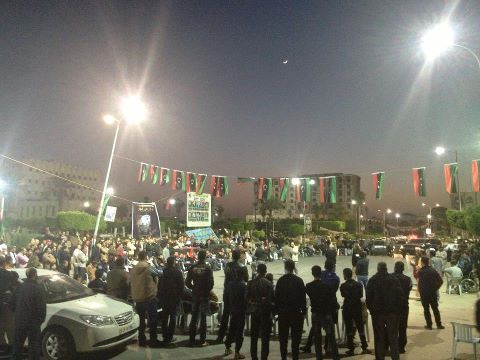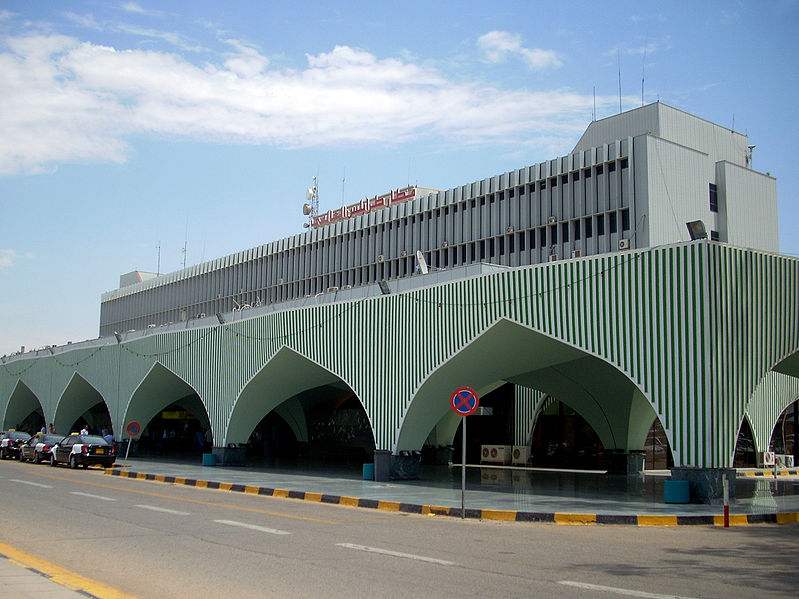Tripoli, 15 December:
Compensation is not enough, Human Rights Watch . . .[restrict]have said, commenting on the case of Sami Al-Saadi, accountability is still needed from the UK government in the form of a criminal investigation and a public enquiry.
“The UK’s payment to Sami Mostefa Al-Saadi and his family doesn’t absolve it of the duty to hold those responsible to account,” said Benjamin Ward, deputy director of the Europe and Central Asia division at Human Rights Watch. “It’s vital for the British police to continue their criminal investigation into his rendition and torture, and for the government to convene an independent inquiry to look at wider UK complicity in overseas torture.”
Al-Saadi started proceedings against the UK government after evidence found in 2011 pointed to the involvement of UK and US secret services in his rendition. He also said he believed some of his interrogators were British and American.
On Thursday, Al-Saadi accepted the offer of a £2.23 million compensation payout from the British government to end his civil action. Al-Saadi said that because the government were trying to push the case through secret courts, under the UK’s forthcoming Justice and Security Bill, he felt that it was not in his family’s interests to proceed with the case.
The UK government has not admitted any liability in the case but it has not denied the allegations either.
“Even now,” Al-Saadi said, “the British government has never given an answer to the simple question: ‘Were you involved in the kidnap of me, my wife and my children?’” He added that he thought the payment spoke for itself.
HRW have voiced concern that “The Al-Saadi case also has implications for the UK government’s plans to widen the use of secret hearings in the civil courts.
“A key justification for the Justice and Security Bill being considered by Parliament is that the government is forced to settle expensive claims in relation to national security issues because it cannot contest them without disclosing classified material in open court.”
This, however, ignores the government’s ability to summarise classified material or to strike out claims that it believes cannot be fairly determined without the disclosure of classified material that would compromise national security.
HRW have said that because, in the case of Al-Saadi “the government did not seek to strike out proceedings in this case, this reinforces “concerns that the real motivation for widening the use of secret hearings is not its inability to defend itself in court, but its desire to prevent evidence of UK abuses from coming to light.”
The UK government opened the Gibson Inquiry in July 2011, to address mounting allegations of British complicity in overseas torture and rendition. However, there were conditions imposed upon the case, including limits on questioning witnesses and government control over disclosure. According to HRW the conditions made an effective and independent process impossible. In August last year HRW and victims’ lawyers withdrew their cooperation.
The inquiry was shelved in January this year, with the government citing delays arising from the need to complete the criminal investigations into two Libyan cases, that of Al-Saadi and Abdel Hakim Belhaj.
Belhaj is another Libyan victim of rendition, apparently at the hands of the UK and US. He continues to pursue his case against the UK government and recently said: “I intend to fight to ensure the truth is told. I have said before, and I say again now, my wife and I will not allow the truth to be concealed.” Belhaj sad he looked forward to giving evidence in court and seeing those held responsible for his torture and that of Al-Saadi “held to account”
HRW said: “It (the British government) promised to open a fresh inquiry at a later date. But statements by the government since then suggest that it has not yet accepted the criticisms and concerns over the structure of the inquiry that led to its boycott.”
The UK government should also publicly repudiate the practice of rendition, HRW said. [/restrict]











